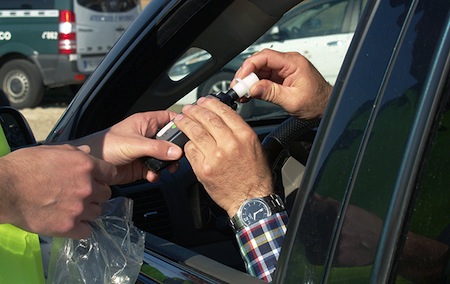Five Things You Should Avoid When Out on DWI Jail Release
Posted by Robert Buford | Uncategorized | No Comments
https://buford-law.com/wp-content/uploads/2015/08/man-in-jail-20010382-e1442614050379.jpg
When you are arrested for driving under the influence (“DWI”), it is imperative that you take the charges seriously. Depending on the circumstances, you could face a stiff jail sentence, large fines and high court costs. After you are arrested for a DWI, and released, there are certain things that you should avoid doing.










Recent Comments